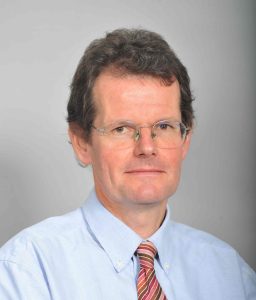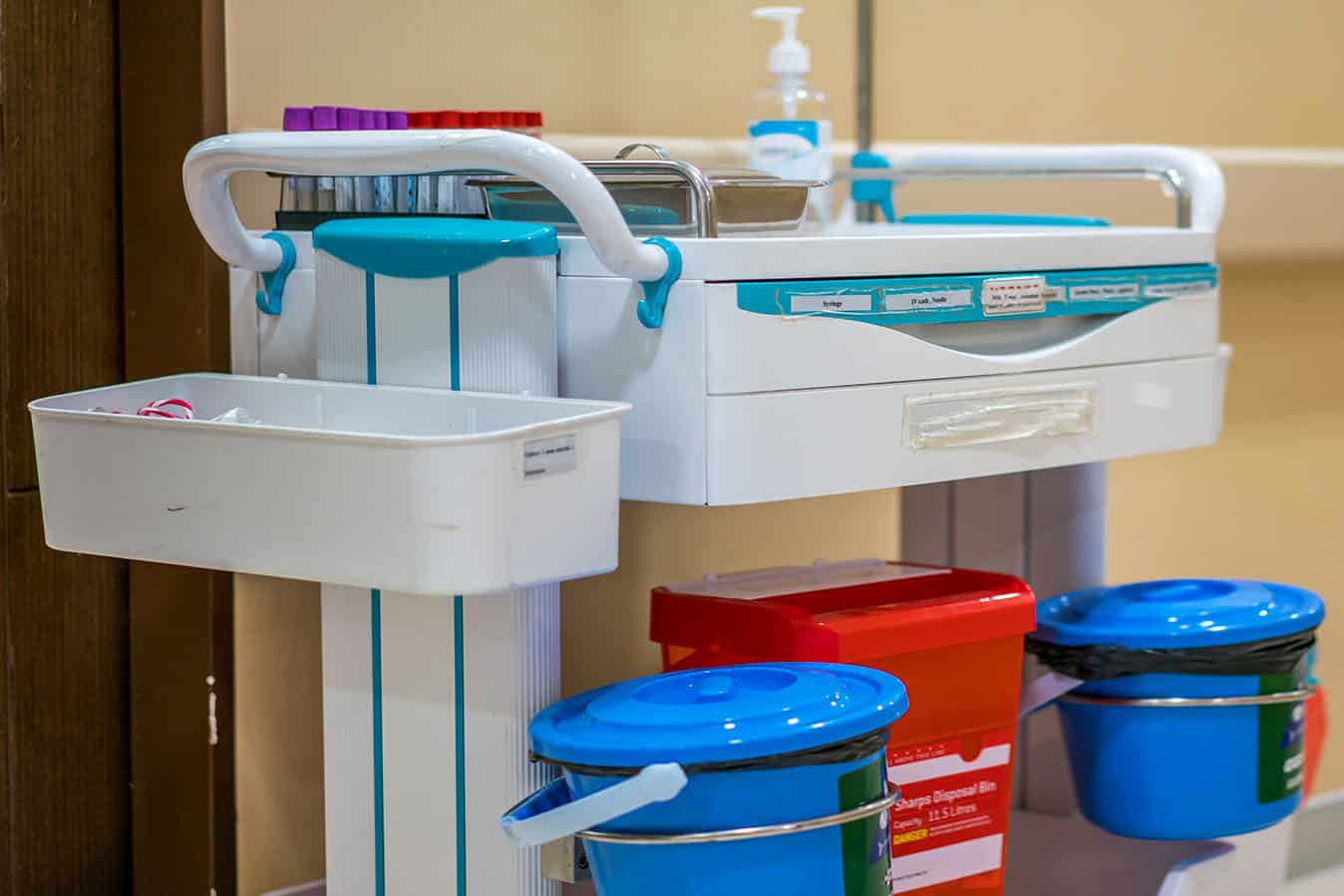Health professionals including nurses must view climate change as a major health threat of today in order to improve patient outcomes of tomorrow, according to Dr David Pencheon, Director of the Sustainable Development Unit (SDU) for NHS England and Public Health England.
“The main thing is don’t treat climate change as an environmental threat in the future – think of it as a health issue now,” Dr Pencheon says.
“It’s very dangerous if doctors, nurses and other health professionals don’t speak up about it because it gives the public the impression that if it were very important, people like doctors and nurses would speak up about it.”

Dr Pencheon recently visited Australia to speak at a forum in the ACT held by the Australasian College of Health Service Management (ACHSM) and the Australian Healthcare & Hospitals Association (AHHA) on the practicalities and challenges of sustainable and resilient healthcare.
He runs the SDU in the UK, established in 2007 with the goal of ensuring the National Health Service operated in an environmentally sustainable way.
The unit began by targeting carbon emissions reductions and helped drive an 11% decrease between 2007 and 2015, which represents billions in savings.
Dr Pencheon lists complying with the UK’s Climate Change Act and internal concern from frontline staff as the chief reasons behind the unit’s evolution.
As the venture got off the ground, he said hospitals steadily improved their efficiencies and systems by learning from others with better practices.
“It started with simple things like much better heating and lighting and power systems, those are efficiency things. The second thing was reducing waste, especially pharmaceutical waste. The third and most important area is much better models of care where we try and treat people at home rather than bring them into hospital.”
Dr Pencheon believes health systems globally face multiple challenges and opportunities involving climate change, new forms of technology and inequity.
He says transitioning towards sustainable and resilient healthcare systems can help improve current health benefits and safeguard the future.
“We’ve concentrated on environmental sustainability, which is broadly making sure that you meet the needs of today and patients today without knowingly prejudicing the chances of people in future because of the side effects in terms of pollution, waste, carbon emissions or air quality reduction from how we do the job today.”
Dr Pencheon says many people fail to understand the impacts of climate change on health and suggests the health and care system holds an important opportunity and responsibility to highlight its risks to both patients and the public.
“Quite often you’ll hear people say ‘Well I knew climate change was an environmental issue but no one told me it was a health issue’.”
Dr Pencheon says nurses especially can play a big role in shaping change.
“They control things like pharmaceutical wastage. They control the heating, the lighting, and all sorts of things. They have a much keener eye [than doctors] do on things like patient comfort or energy use or wastage or sorting out clinical and non-clinical waste.”
Since the SDU’s establishment, Dr Pencheon says the biggest shift has seen sustainability considered a dimension of quality measured and reported on and central to a quality health service.
He acknowledged Australia has greater climate change and health scientists than the UK but said the country’s health system is less integrated, making it difficult to implement changes.
“Nowhere is doing it consistently across the whole of the health and care system and I think it would be dangerous to declare victory yet because there are still a lot of clinicians who say ‘Well we’re too busy saving patients to save the planet’, forgetting of course that those two things are completely interrelated.”








